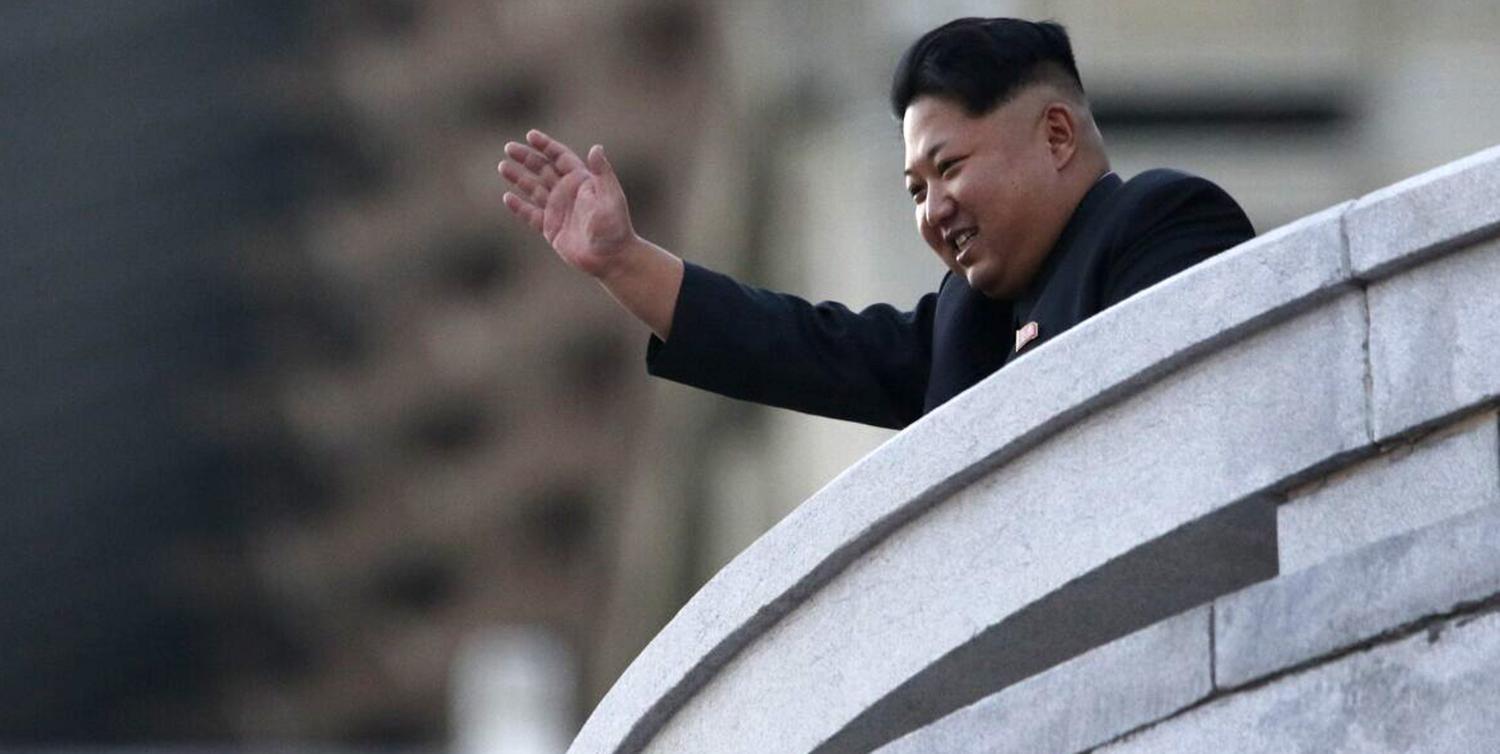So it’s now confirmed that Kim Jong-un went to China in the past few days to meet Xi Jinping. And apparently Xi will now go to Pyongyang.
Breaking: Photos of secret talks between Kim Jong-un and Xi Jinping emerge in the Chinese media https://t.co/kdnPKQixGq pic.twitter.com/G7tQh0Amd8
— Javier C. Hernández (@HernandezJavier) March 28, 2018
This comes weeks ahead of Kim’s meetings with South Korean President Moon Jae-in and, possibly, US President Donald Trump. Events are moving fast now. Here is my hot take on Kim’s diplomacy extravaganza.
1. The trip to Beijing means the Trump–Kim summit is increasingly likely.
There has been much discussion in the weeks since Trump agreed to meet Kim that the event might not even occur. Trump agreed to the proposal only 45 minutes after it was suggested to him. He did not run it by his national security staff. He just impulsively decided to do it, probably more for the novelty and attention it would generate, and less because of any real interest in Korea.
His staff began walking his agreement back almost immediately. But if Kim feels it necessary to do a quick double-check with the Chinese before the two summits, it likely means Pyongyang is taking the possibility of the Trump–Kim summit seriously.
We are still waiting for Pyongyang to formally accept the summit. Kim probably wanted to ask the Chinese if they thought Trump’s offer was real, given Trump’s tendency to skylark, before answering him.
2. China still has lots of leverage over North Korea.
The most frustrating part of dealing with China over North Korea is its protestations that it does not have the leverage over North Korea that Westerners say it does. No one in the West really believes that, of course.
It is now widely understood that China accounts for 90% of North Korea’s trade; that North Korean elites stash their ill-gotten dollars in China’s banks; that China’s weak enforcement of sanctions keeps the luxury goods pipeline into North Korea open (which is why top-shelf liquor, HDTVs, and a ski resort are available to elites); and so on.
While the Chinese use flimflam regularly to dodge these charges, now when change on the peninsula is in the air, that leverage is undeniable. Kim may dislike China, which is also pretty well-established now, but ultimately he felt he needed to run any real shifts by his patron first.
That tells us a lot. Next time the Chinese Ministry of Foreign Affairs says the real issue is between the US and North Korea, and that China is just a mediator or just wants stability, we will know they are lying.
3. The summits are real.
Previous Chinese negotiating behaviour suggests that a meeting with Xi carries real weight. Xi would not grant this meeting unless the Chinese were genuinely concerned about the summits to come and wanted some kind of role to play.
The last Chinese-led effort was the Six Party Talks. Perhaps the Chinese suggested that the summits reignite that process. Whatever the Chinese request, the Xi–Kim meeting itself, between two leaders who do not much care for each other, suggests that the Chinese see the upcoming summits as substantive – which in turn suggests that they are, in fact, the real deal.
Long-standing issues such as denuclearisation, a peace treaty, diplomatic recognition, and so on are in the air apparently, even if none of the relevant parties has actually spoken much about the summits’ details.
Events are moving rapidly now. I have argued elsewhere that they are moving too fast for someone as disorganised and distracted as Trump, who has little knowledge or inclination to learn about Korea.
That puts a huge weight on Moon to bring home a good deal next month, which in turn will constrain Trump from veering wildly off script the following month. Let’s hope Moon is up to it.

